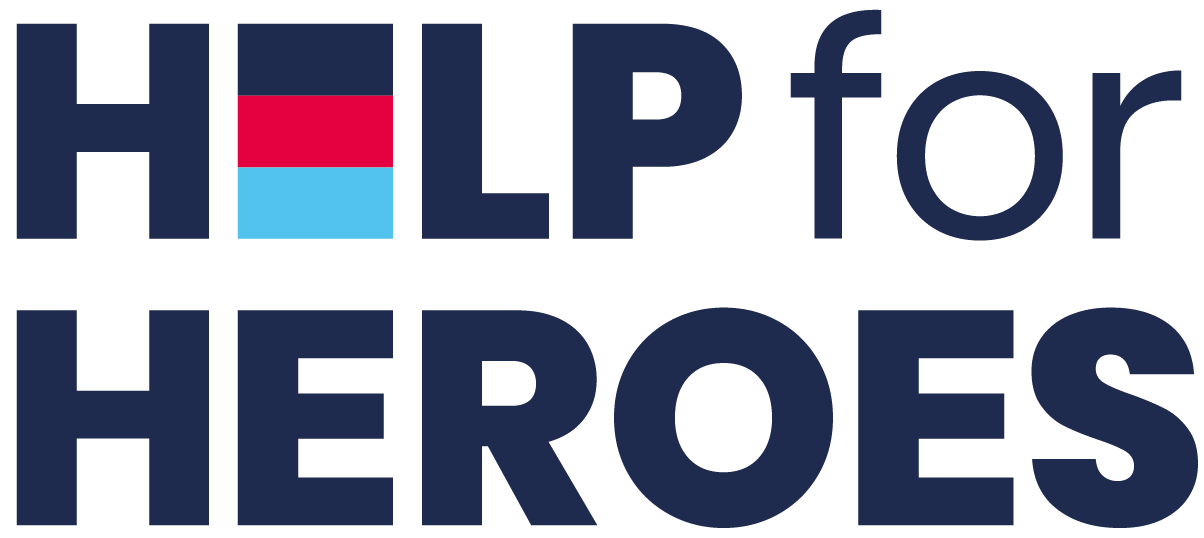Updated on
Joining the Army in 1973, Keith served in Northern Ireland at the height of the troubles. By the age of 19, he was leading a Military unit – his experiences led to what, 37 years later, was diagnosed as Post-Traumatic Stress Disorder (PTSD).
Just as his grandfather returned in 1918 with shell shock and was left to fend for himself. In 1980 Keith also received no diagnosis, no medical help and no understanding. Suffering flashbacks and nightmares Keith relied upon drink to get by:
“After my experience in Belfast grandad held my hand and said, ‘only us who have been there know.’ I’ve always believed he was the only one who knew and understood, first-hand, the deep trouble in my head.”
By 1981, his deep depression left Keith with no choice but to leave the Army. He soon reached his limit and attempted to take his own life.
Often retreating from human contact for months on end, Keith’s behaviour impacted the whole family – to the point his children believed he was either “mad or bad”.
Since 2013, Keith has been supported by Help for Heroes and Combat Stress:
“For the first time, I let it all out and was diagnosed with PTSD. It was a relief as it helped the family understand, speak openly and become closer.”
Through his ongoing recovery with Help for Heroes, Keith has been offered specialist therapy to assist his PTSD and can now better manage his condition. He has also become a Help for Heroes Ambassador – providing a renewed sense of purpose as he guides others who face similar struggles.
When asked how his and his grandfather’s lives may have differed had Help for Heroes existed in 1918, or 1980, Keith explains:
“We’d have been understood, provided with support to suit our individual needs and our lives would have been happier. This is what Help for Heroes offers today, and it’s vital they offer it to future generations.”
Remember the sacrifices of the past century and proudly support our wounded, injured and sick today and for the next 100 years.






